The Karate Kid: A Deep Dive Into Its Themes And Characters

Table of Contents
The Power of Mentorship and Perseverance in The Karate Kid
The heart of The Karate Kid lies in the transformative relationship between Daniel LaRusso, a bullied teenager, and Mr. Miyagi, a wise and enigmatic karate master. Their bond forms the bedrock of the film's enduring appeal, showcasing the power of mentorship and the importance of perseverance in overcoming adversity. Miyagi's unconventional teaching methods are central to Daniel's development.
- Wax on, wax off – the symbolic meaning of seemingly mundane tasks: These seemingly simple chores are cleverly disguised lessons in discipline, focus, and the development of essential karate skills. They teach patience and the importance of mastering the fundamentals before tackling more complex challenges.
- The importance of patience and discipline in achieving goals: Miyagi's teachings emphasize the importance of dedication and hard work, showing that true mastery requires consistent effort and self-control. This is a crucial lesson for Daniel, who initially struggles with frustration and impatience.
- The transformative power of a strong mentor-mentee bond: The relationship between Daniel and Miyagi is more than just a teacher-student dynamic; it's a deep bond built on trust, respect, and mutual understanding. Miyagi's guidance provides Daniel with the emotional support and wisdom he needs to navigate the challenges he faces.
Daniel's personal journey is equally compelling. He undergoes a profound transformation:
- Overcoming bullying and prejudice: Daniel's relocation to California throws him into a hostile environment where he faces relentless bullying from Johnny Lawrence and the Cobra Kai gang. His journey showcases the resilience needed to overcome prejudice and adversity.
- Developing confidence and self-reliance: Through Miyagi's training, Daniel gains not just karate skills but also self-confidence and self-reliance. He learns to believe in himself and his abilities.
- Finding inner peace and strength: The film culminates in Daniel finding inner peace and strength, not just through physical prowess but through emotional maturity and self-acceptance. He learns to control his anger and channel his energy constructively.
Exploring the Antagonistic Force: Johnny Lawrence and Cobra Kai
While The Karate Kid celebrates the triumph of good over evil, it avoids simplistic portrayals of its antagonist. Johnny Lawrence, the Cobra Kai leader, embodies the dangers of unchecked aggression and the destructive consequences of flawed mentorship.
- The impact of a flawed mentorship (Kreese): Kreese's ruthless "strike first, strike hard, no mercy" philosophy profoundly shapes Johnny's character and behavior. This highlights the significant role mentors play in shaping young individuals.
- Johnny's internal conflicts and vulnerabilities: Despite his aggressive exterior, Johnny displays moments of vulnerability and internal conflict, hinting at a complex character beneath the surface. This adds depth and prevents him from being a purely one-dimensional villain.
- The role of societal pressure and expectations: Johnny's actions are partly driven by societal pressures and expectations, suggesting that external influences can significantly impact an individual's choices and behaviors.
The Cobra Kai dojo itself serves as a symbol of the negative consequences of aggressive behavior:
- The "strike first, strike hard, no mercy" philosophy: This philosophy fosters a culture of violence and bullying, illustrating the destructive nature of unchecked aggression.
- The consequences of aggressive and bullying behavior: The film showcases the devastating effects of bullying on individuals and the community.
- The contrast between Cobra Kai and Miyagi-Do karate: The contrast between the two dojos highlights the stark difference between aggressive, violent approaches to conflict and a philosophy emphasizing self-control, discipline, and respect.
Thematic Resonance: Underdogs, Bullying, and Cultural Understanding in The Karate Kid
The Karate Kid transcends its genre by exploring deeper themes that continue to resonate with audiences.
The film powerfully embodies the underdog narrative:
- Daniel's outsider status and his struggle to adapt: Daniel's move to a new environment and his struggles with cultural differences and bullying perfectly capture the experiences of many underdogs.
- The triumph of perseverance and determination: Daniel's ultimate success is a testament to the power of perseverance and determination in overcoming adversity. This message remains inspirational for audiences of all ages.
- The importance of fighting for what's right: Daniel's fight against Johnny and Cobra Kai represents a larger struggle for justice and fairness.
The film's portrayal of bullying is both realistic and impactful:
- The effects of physical and emotional abuse on individuals: The film vividly demonstrates the physical and psychological toll of bullying on Daniel's well-being.
- The importance of standing up to injustice: Daniel's eventual triumph over his bullies sends a powerful message about the importance of standing up to injustice and fighting for what is right.
- The societal impact of bullying behavior: The film highlights the wider societal consequences of unchecked bullying and the need for intervention and support.
Finally, the film subtly explores cross-cultural dynamics:
- The clash of cultures and perspectives: Daniel's experience as an outsider navigating a new culture adds a layer of complexity to the narrative.
- The potential for understanding and harmony: Despite initial conflict, Daniel and Miyagi ultimately bridge cultural divides, fostering mutual respect and understanding.
- The impact of cultural differences on individual experiences: The film suggests that cultural differences can shape individual experiences and perspectives, highlighting the importance of empathy and understanding.
Conclusion
The Karate Kid remains a powerful and enduring film due to its exploration of universal themes. Its compelling characters, particularly the mentor-mentee relationship between Daniel and Miyagi, serve as a timeless example of the power of perseverance, the importance of finding a strong mentor, and the destructive consequences of unchecked aggression. The film's exploration of bullying, cultural understanding, and the triumph of the underdog continues to resonate with contemporary audiences, making it a classic worth revisiting and reflecting on. The film’s lasting legacy lies not just in its memorable action sequences but in its profound and enduring messages.
Have you revisited The Karate Kid lately? Dive deeper into its enduring legacy and share your thoughts on its timeless themes and unforgettable characters in the comments below! Let's continue the conversation about The Karate Kid and its profound impact on cinema.

Featured Posts
-
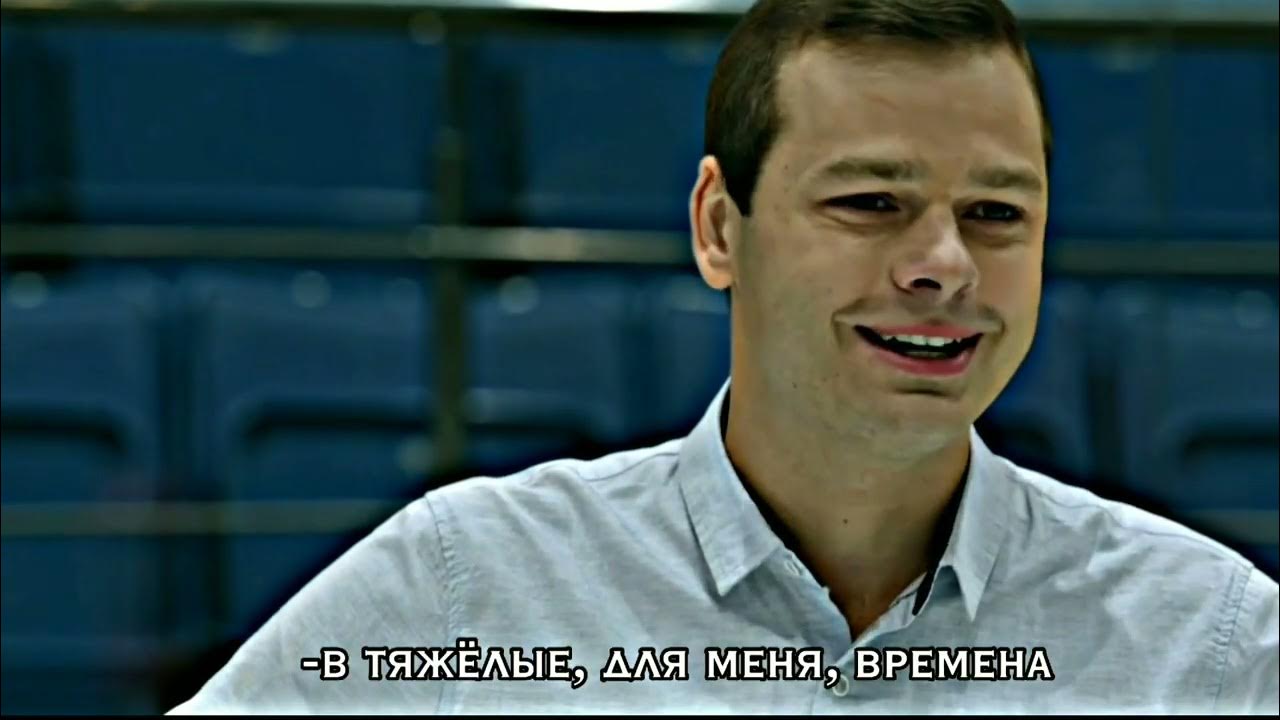 Nhl Rekordsmen Po Silovym Priemam Ukhodit Iz Khokkeya
May 07, 2025
Nhl Rekordsmen Po Silovym Priemam Ukhodit Iz Khokkeya
May 07, 2025 -
 Rianna Goryachie Foto V Rozovom Kruzheve
May 07, 2025
Rianna Goryachie Foto V Rozovom Kruzheve
May 07, 2025 -
 New Savage X Fenty Lingerie Rihannas Wedding Night Collection
May 07, 2025
New Savage X Fenty Lingerie Rihannas Wedding Night Collection
May 07, 2025 -
 Las Vegas Aces Cut Forward Training Camp Roster Move
May 07, 2025
Las Vegas Aces Cut Forward Training Camp Roster Move
May 07, 2025 -
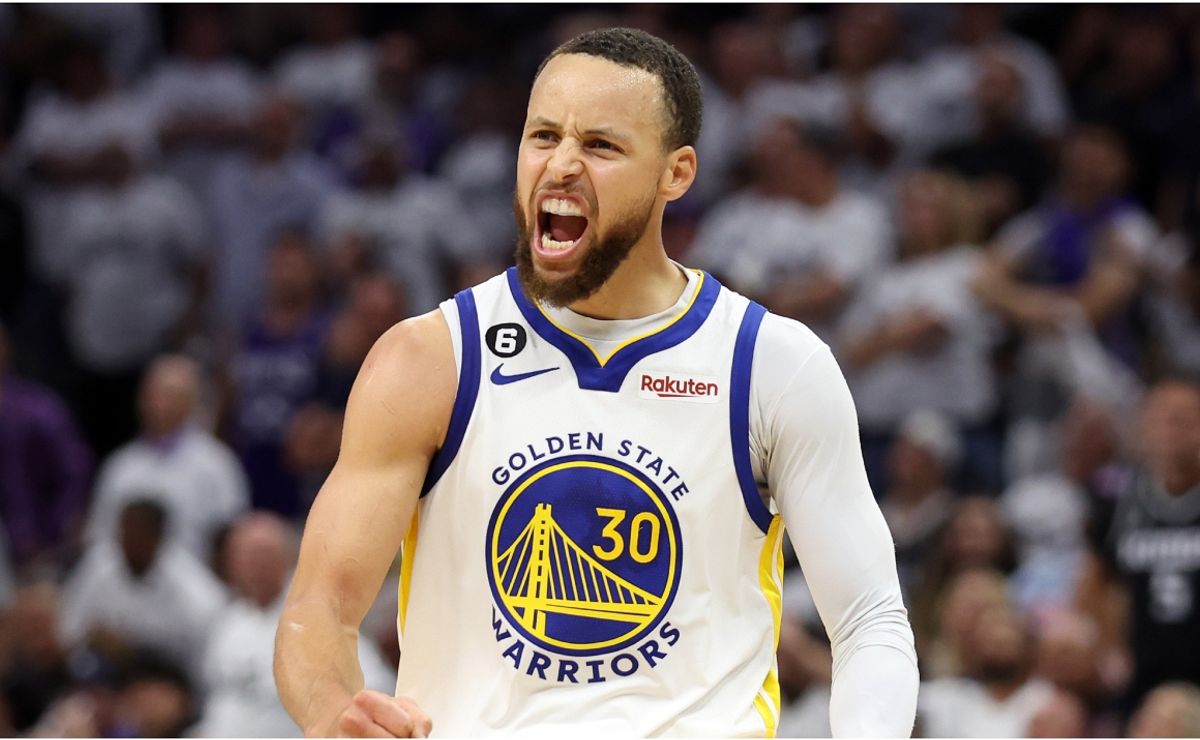 All Star Game 2024 Steph Currys Victory In A Disappointing Format
May 07, 2025
All Star Game 2024 Steph Currys Victory In A Disappointing Format
May 07, 2025
Latest Posts
-
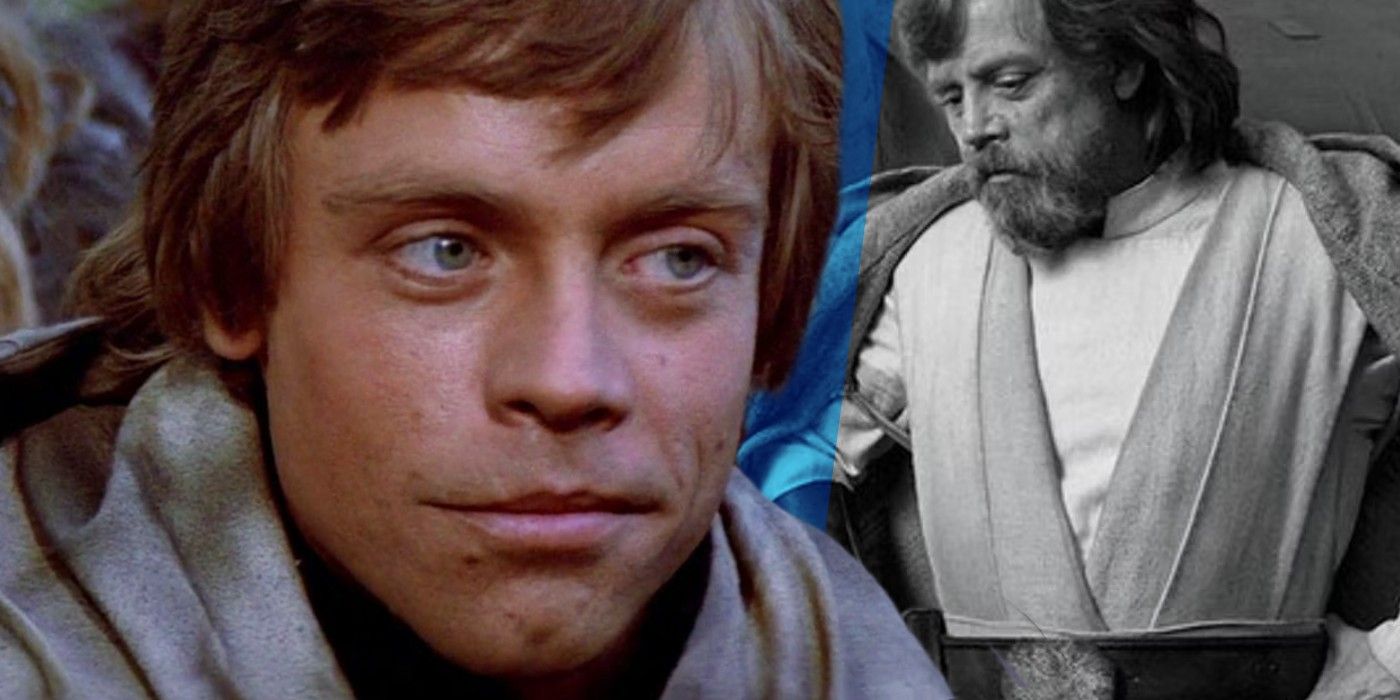 The Long Walk Mark Hamill Steps Away From Luke Skywalker
May 08, 2025
The Long Walk Mark Hamill Steps Away From Luke Skywalker
May 08, 2025 -
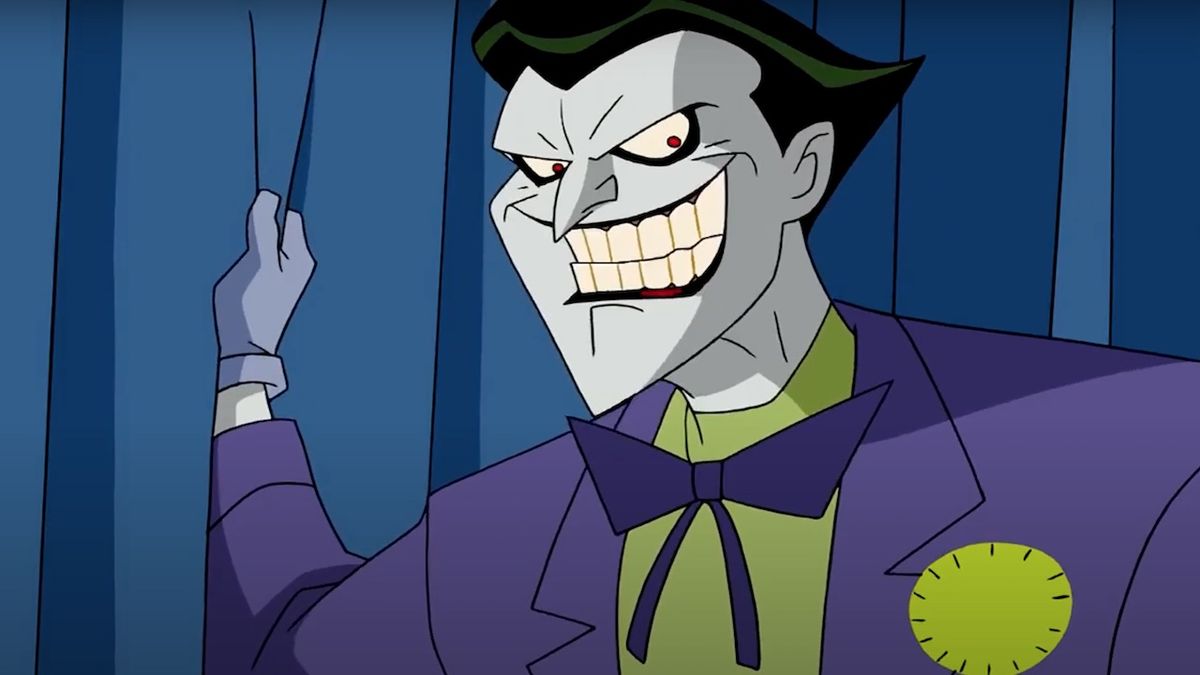 Mark Hamills New Role First Trailer For Stephen Kings The Long Walk
May 08, 2025
Mark Hamills New Role First Trailer For Stephen Kings The Long Walk
May 08, 2025 -
 The Long Walk Trailer Adaptation Of Stephen Kings Disturbing Novel
May 08, 2025
The Long Walk Trailer Adaptation Of Stephen Kings Disturbing Novel
May 08, 2025 -
 The Running Man Glen Powells Fitness Regime And Method Acting Approach
May 08, 2025
The Running Man Glen Powells Fitness Regime And Method Acting Approach
May 08, 2025 -
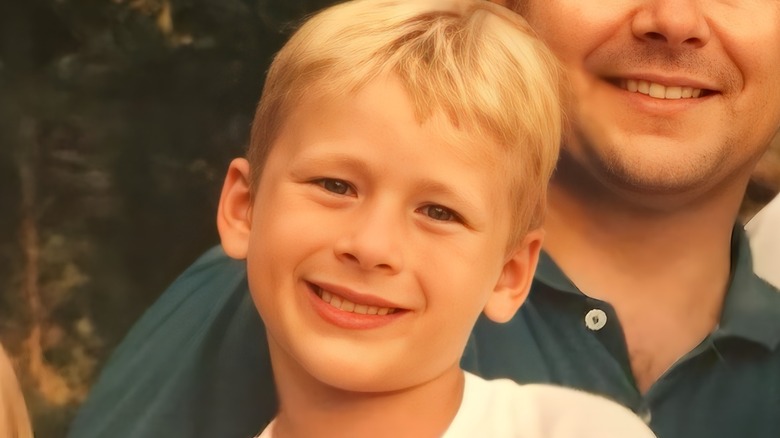 Glen Powells Running Man Transformation Fitness Character And A Three Word Mantra
May 08, 2025
Glen Powells Running Man Transformation Fitness Character And A Three Word Mantra
May 08, 2025
